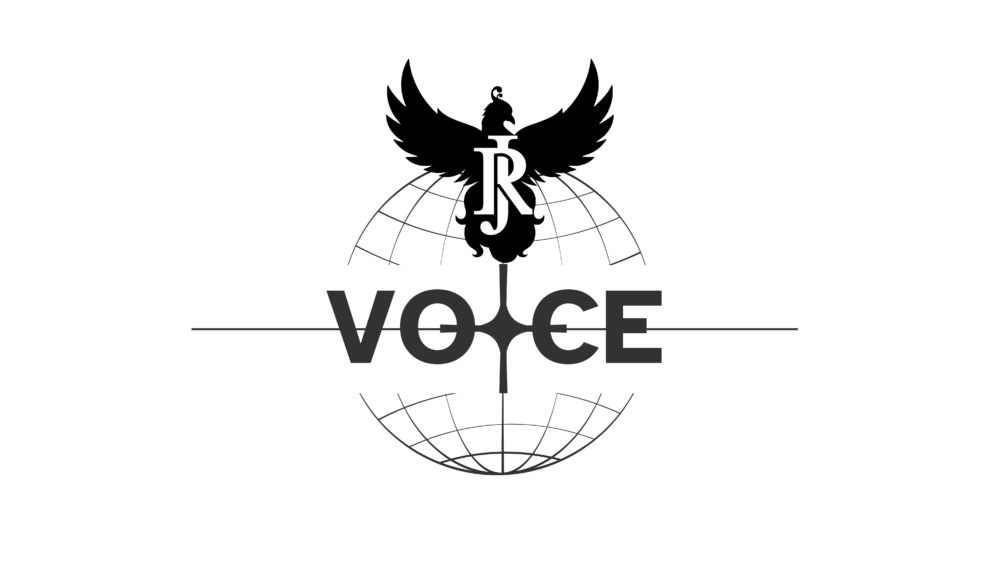European Commission President Ursula von der Leyen has responded positively to U.S. President Donald Trump’s decision to pause new tariffs for 90 days, calling it a welcome move that brings some stability to global trade amid rising economic tensions.
“This pause is a critical step toward ensuring stability in the global economy,” von der Leyen said in a statement Thursday. “Trade and supply chains rely on clear and predictable conditions.”
Trump’s initial tariff plan had drawn widespread concern from international markets and EU leaders, who feared the measures could trigger a global recession. The temporary halt allows room for renewed discussions between the EU and U.S., easing immediate pressure while both sides explore long-term solutions.
Von der Leyen used the opportunity to reiterate the EU’s proposal of a “zero-for-zero” agreement—an arrangement that would eliminate tariffs on all industrial goods between the EU and the United States. Though Trump previously dismissed the offer, insisting instead that the EU increase its imports of American energy, von der Leyen made clear that the EU remains committed to constructive engagement.
“The European Union is ready for productive talks with the United States to build a trade relationship that is frictionless and mutually advantageous,” she said.
The pause in tariffs comes after the EU had been facing a 20% rate under Trump’s so-called “reciprocal tariff” framework. With the reversal, European exports to the U.S. will now fall under the standard 10% rate. However, key sectors such as steel, aluminum, and automobiles remain under separate 25% duties.
Despite ongoing tariffs, von der Leyen’s statement made no mention of retaliatory actions. A Commission spokesperson later confirmed that countermeasures, including recently approved tariffs targeting U.S. steel and aluminum imports, are now on hold. “We will assess the new development carefully, in coordination with our member states and industry stakeholders, before moving forward,” the spokesperson said.
Elsewhere, Polish Prime Minister Donald Tusk emphasized the importance of using the 90-day reprieve wisely. “Both Europe and the United States must take this opportunity to find common ground,” he said. “Strong transatlantic ties are a shared responsibility, even in difficult times.”
Trump’s tariff regime continues to apply broadly at a 10% base rate, with countries like China facing far steeper penalties. China, for instance, is subject to tariffs of up to 125%, sparking fears of global market disruption and prompting the EU to form a task force to monitor potential influxes of redirected Chinese goods.
Von der Leyen also emphasized the EU’s ongoing efforts to diversify its trade partnerships. “We will continue to strengthen ties with global partners who value open and fair commerce,” she said.
Recent months have seen the EU finalize trade agreements with Mexico, Switzerland, and Mercosur, and new negotiations with India are already underway. These deals are part of the EU’s broader strategy to insulate itself from the volatility of transatlantic trade.
“My team is working relentlessly to safeguard European businesses, workers, and consumers,” von der Leyen concluded. “We will come through this challenge stronger and more united than ever.”






























































